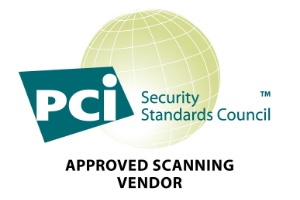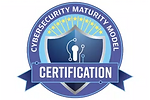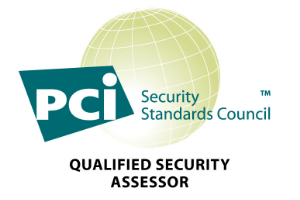
Promoting Security Posture Wellness
A rise in digital technologies and increasing cyberthreats makes the healthcare industry one of the most vulnerable to cyberattacks. Healthcare organizations hold sensitive data and are extraordinarily technology-dependent. CampusGuard is familiar with environments like these and the subsequent regulatory pressures they face. We work alongside your team to help you understand regulations and to meet and maintain your security and compliance goals.
Staying Informed of Regulatory Changes
Achieving Your Security and Compliance Goals
Healthcare data breach costs have increased 53.3% since 2020, according to IBM’s Cost of a Data Breach Report 2023. “The healthcare industry reported the most expensive data breaches, at an average cost of $10.93 million.”
Discover how CampusGuard’s solutions can assist your organization in achieving its security and compliance goals.
Boosting Your Security Strategy
It is easy to understand why the healthcare industry experiences one of the highest numbers of data breaches each year. Maintaining awareness of your organization’s vulnerabilities is a critical step to mitigating them. Here are some key points of interest to start designing a strong information security strategy:
-
Ongoing Training
Staff regularly engages with patients' sensitive data. It's critical that they are involved in ongoing training and actively informed of steps they need to take to protect this data. Utilizing secure passwords, locking devices when not in use, and security awareness regarding phishing and ransomware risks are key behaviors to incorporate in their roles. -
Software and Technology Updates
Replacing legacy systems—which are more vulnerable to cyberattacks—with more modern digital tools helps to streamline efficiencies and better protect patient data. Applying software updates whenever possible is the best way to ensure the highest level of security across all of your devices. -
Secured Network
If you have multiple networks, it is crucial to ensure any sensitive data is processed on the most secure network available. -
System Access Controls
Monitoring and managing user access to only necessary data is critical to ensuring the security of that information. This also allows you to quickly update this access if an employee leaves your organization or no longer needs access to sensitive information. -
Risk Assessments
The best way to identify a potential risk is to regularly monitor your organization's vulnerabilities. Having a dedicated team regularly perform penetration tests, vulnerability scans, and other assessments is key to identify and remediate risks before they have a chance to lead to a data breach. -
Establish Best Practices
Create a culture where implementing information security best practices daily is normalized. From scheduled assessments, to requiring staff to update their passwords regularly and engage in ongoing training, cybersecurity should be recognized as everyone's responsibility.
Why Choose CampusGuard?
A data breach would likely be catastophic to your organization, causing harmful data theft to your patients, significant financial impact, and an immense burden to staff resulting in interrupted workflows and a disruption to patient care. CampusGuard’s information security and compliance expertise enhances your cybersecurity posture, protects your sensitive data, and enables you to safeguard your organization’s reputation.
$10.93M
Average cost of a data breach in the healthcare industry in 2023 - IBM Cost of a Data Breach Report
53.3%
Increase in healthcare data breach costs since 2020 - IBM Cost of a Data Breach Report
Related Products and Services
Diagnose Your Network's Cybersecurity
Cyber criminals target healthcare organizations to seize sensitive patient and employee data and critical research information. Whatever the cause of a data breach, the financial and reputational impacts can be devastating. As the magnitude of threats has increased, so have regulatory requirements. CampusGuard's team of experts can identify gaps in your cybersecurity posture and work alongside your team to remediate issues before they leave your organization vulnerable to a cyberattack.
"CampusGuard has been a long term partner of Vanderbilt University Medical Center since 2016 and worked with us to dramatically reduce our PCI scope. Although we no longer require the more technical services like penetration testing for PCI, their ongoing consulting/QSA support services and the CampusGuard Central SAQ portal allow us to closely monitor our merchant accounts, as well as any third-party service provider and affiliate relationships. CampusGuard’s dedicated QSA also performs a comprehensive PCI Report on Compliance for the Medical Center annually to ensure compliance."



